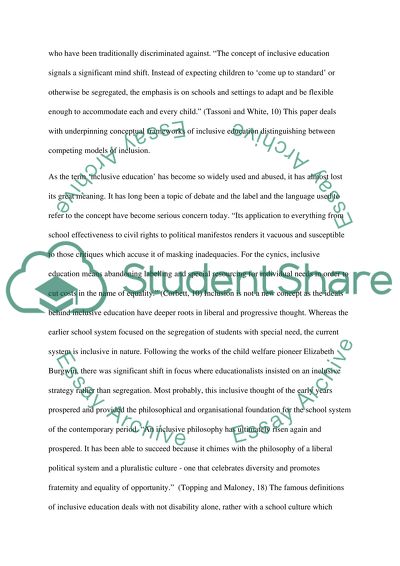Cite this document
(“Inclusive Education, Boy's under-achievement Essay”, n.d.)
Retrieved from https://studentshare.org/education/1514184-inclusive-education-boys-under-achievement
Retrieved from https://studentshare.org/education/1514184-inclusive-education-boys-under-achievement
(Inclusive Education, Boy'S under-Achievement Essay)
https://studentshare.org/education/1514184-inclusive-education-boys-under-achievement.
https://studentshare.org/education/1514184-inclusive-education-boys-under-achievement.
“Inclusive Education, Boy'S under-Achievement Essay”, n.d. https://studentshare.org/education/1514184-inclusive-education-boys-under-achievement.


